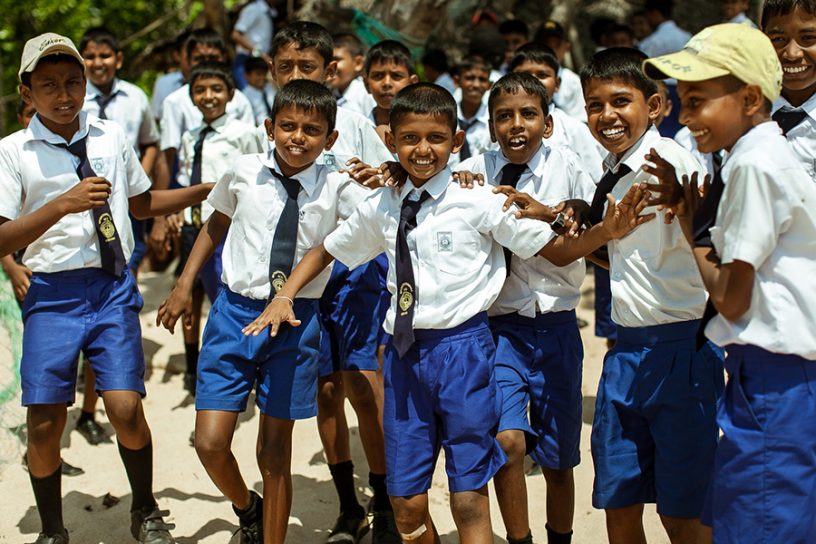
This chapter explores parental construction of notions of samaj and sangat which they perceive as factors shaping their children’s schooling careers.
Author
Sriti Ganguly, Assistant Professor, Jindal School of Liberal Arts & Humanities, O.P. Jindal Global University, Sonipat, Haryana, India.
Summary
Balmikis, a socially marginalised and stigmatised group, not only continue to be recruited as sanitation workers in the cities owing to the imposed caste–occupation link but also continue to be spatially concentrated in caste-based bastis and mohallas spread across the cities like Delhi. Based on fieldwork in one such small, low-income, segregated colony of Balmikis in the capital, this chapter explores parental construction of notions of samaj and sangat which they perceive as factors shaping their children’s schooling careers.
The notion of samaj is used not only to point at the effects of living in a neighbourhood where school dropouts are high but also to how the accumulated disadvantages of the Balmiki community, in the form of existential struggles and low levels of parental education, continue to influence the education of the present generation.
Published in: The Social Context of Learning in India Achievement Gaps and Factors of Poor Learning. Taylor and Francis, London, pp. 84-100.
To read the full article, please click here.


